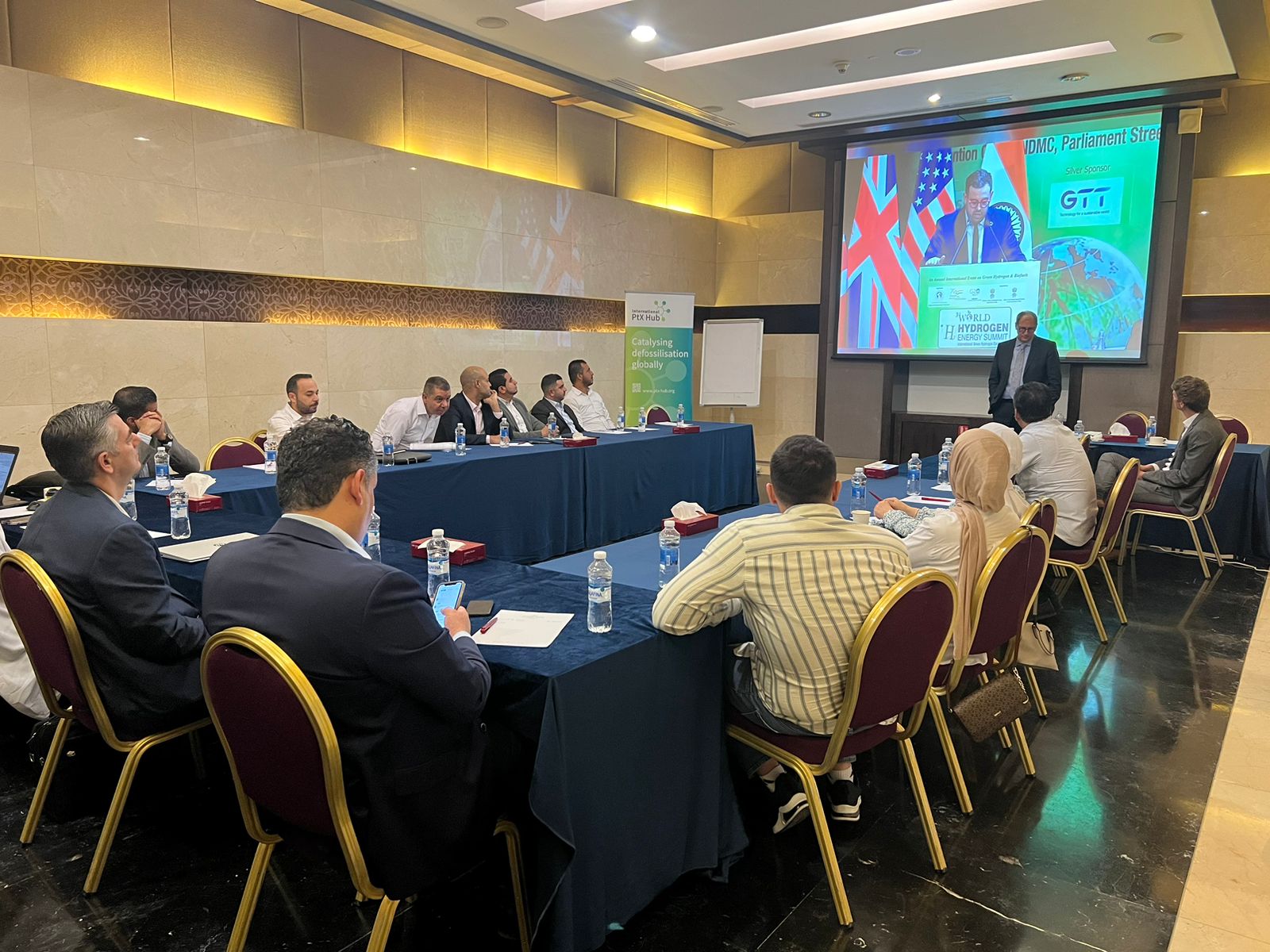In a dynamic workshop hosted from October 24 to 26 in Jordan, Christoph Michel and Jan-Hendrik Scheyl of the PtX Hub explored the intricacies of PtX project finance and certification. With a focus on strengthening Jordan’s PtX ecosystem, the workshop set the stage for how PtX can support maximising GDP growth and socio-economic participation.
Why it matters
Understanding project finance and certification is crucial for Jordan as the country explores avenues for exporting PtX products. The finance and certification workshops shed light on key risk factors, de-risking mechanisms, and the PtX ecosystem to offer a framework to leverage PtX projects for Jordan’s development.
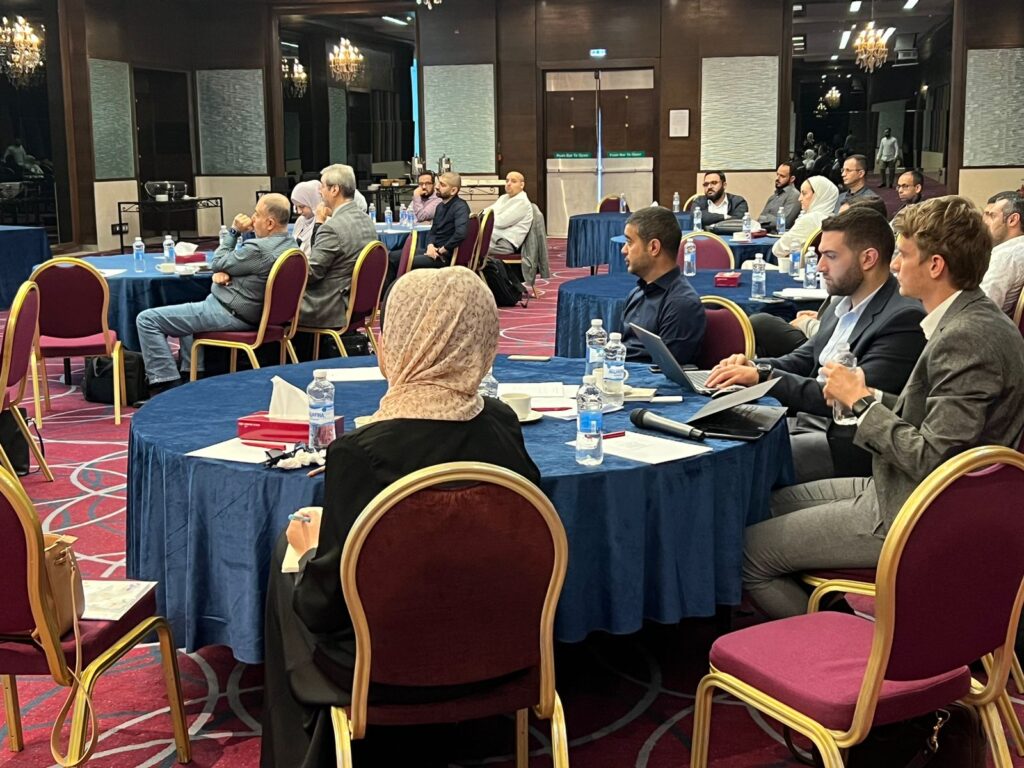
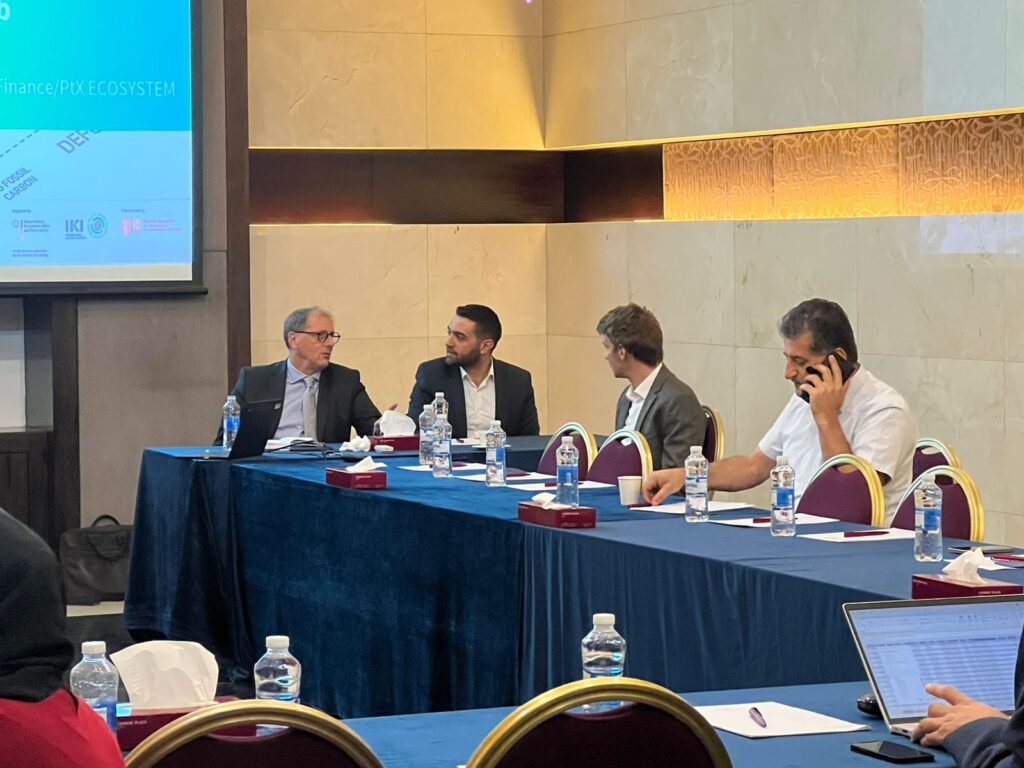
Key insights from the finance sessions
The finance training sessions went beyond conventional finance discussions, shedding light on PtX’s unique financial landscape. Participants gained an understanding of risk factors and the pivotal role of private-public collaboration. The workshop challenged preconceptions, highlighting that PtX profitability transcends the levelised cost of hydrogen (LCOH).
Jiries Salameh, Business Developer at Kawar Energy, stated that
“Discussing the essential factors for launching a hydrogen project and recognising the nuances between the private and public sectors is crucial for informed decision-making.”
More than 15 public and private stakeholders found common ground, fostering new network beyond finance topics. Private entities not only gained financial awareness but also emerged as strategic allies. This mutual effort aligns with Jordan’s vision for PtX contributing to its economy and environment.
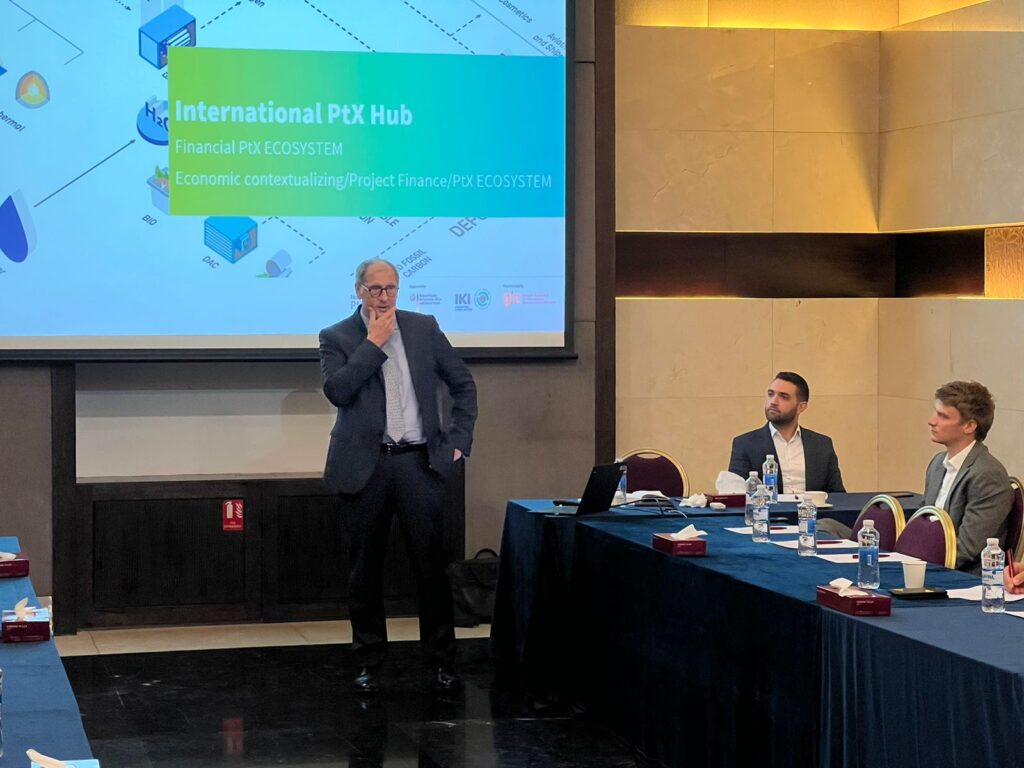
Key insights from the certification session
The certification session looked into the significance of certification for green hydrogen and sustainable PtX. As Jordan positions itself for global PtX exports, the workshop clarified certification processes and EU product requirements. This dialogue set the stage for Jordan to align with international standards while safeguarding its priorities, which are to focus on regional networks, stimulate market demand, facilitate low-cost supply, maintain and leverage existing leadership in renewable energy, and strengthen the enabling environment.
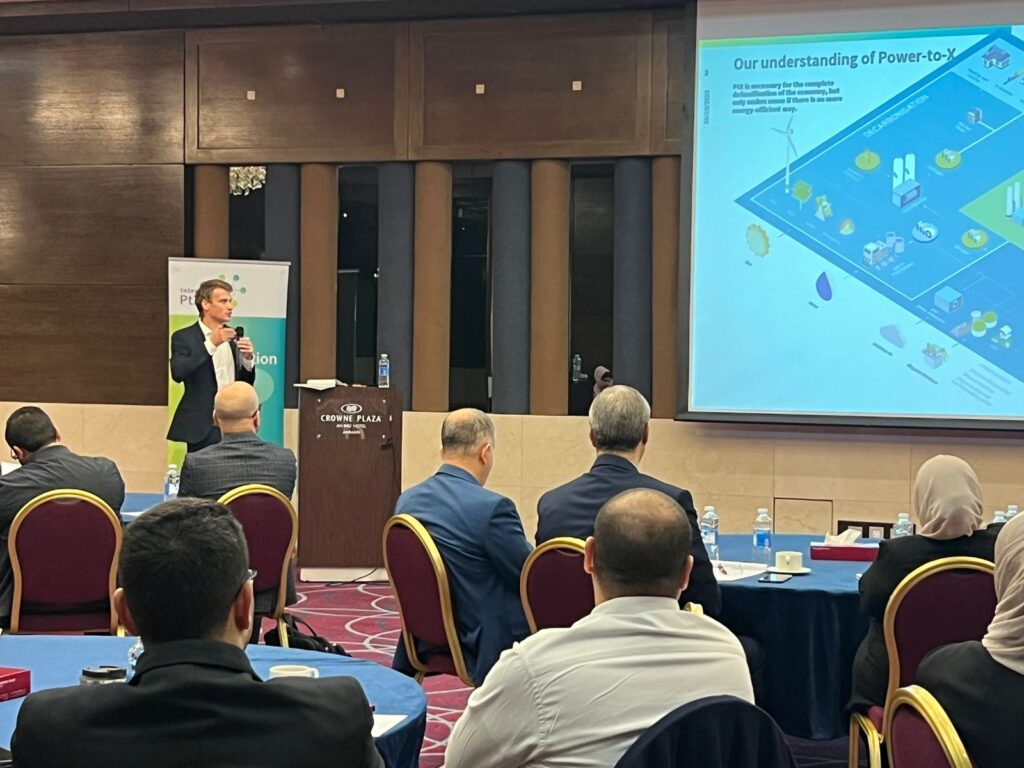
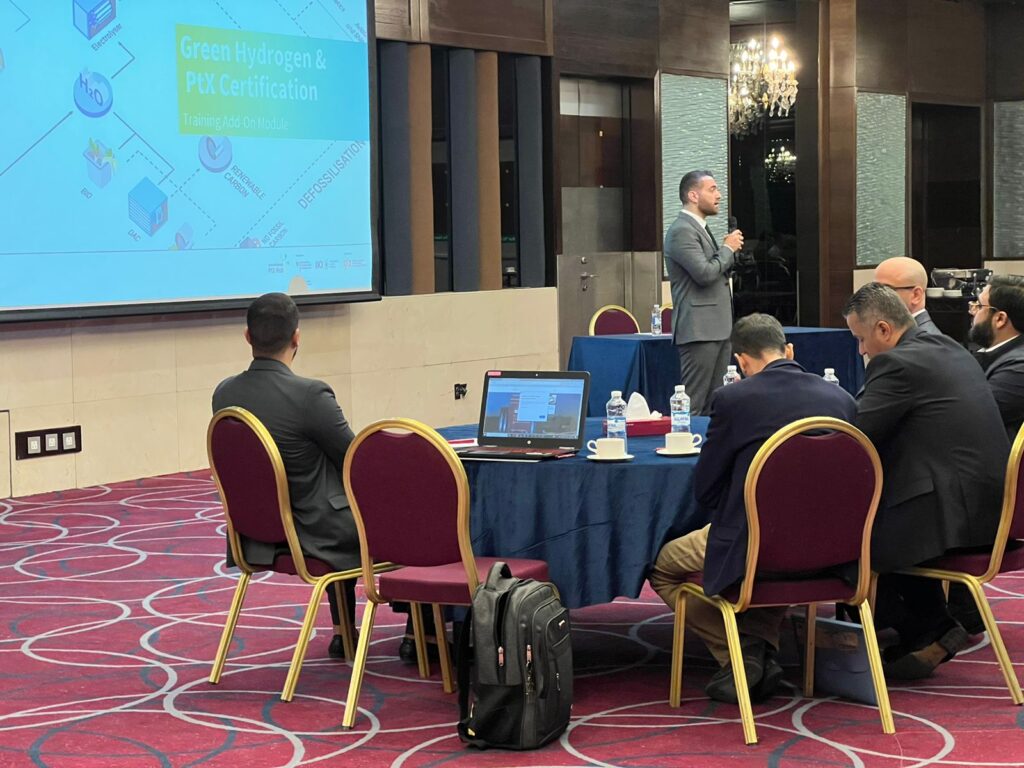
For private sector participants, the focus was on countering challenges to shape projects that resonate with diverse markets and certification demands. Simultaneously, the public counterparts sought to understand these challenges to refine regulations.
Future implications
The workshop served as a catalyst for future developments in Jordan’s PtX landscape. It laid the groundwork for assessing how existing certification frameworks can be successfully implemented, fostering a proactive approach to PtX technology adoption.
Christoph Michel and Jan-Hendrik Scheyl contributed to this article.
